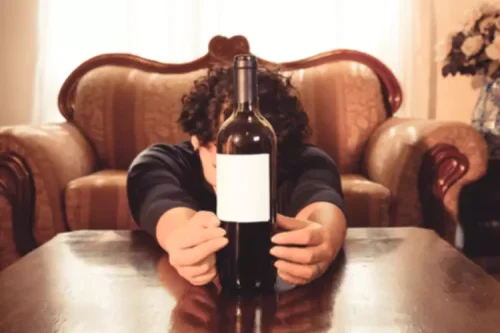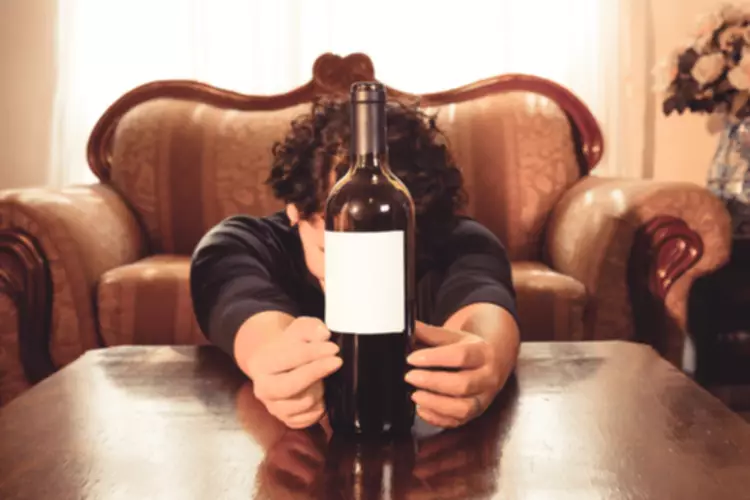
Randomly assign locks to half of the group and keys to the other half. Those whose keys fit into the lock can sit together and discuss their challenges and offer insights into the recovery https://ecosoberhouse.com/ journey. Then write about or discuss ways you can serve the same purpose in a more positive way, such as allowing yourself regular sessions of peaceful self-care to stave off overwhelm. Have the group identify and discuss common triggers for substance abuse. Suggest different coping strategies they could use to stay sober when triggered. Addiction recovery group activities are wonderful tools for achieving and maintaining successful, long-term sobriety.

Positive Psychology Activities for Improving Mental Health
Group therapy is a cornerstone of substance abuse treatment for several compelling reasons. It provides a supportive and empathetic environment where individuals can share their experiences, challenges, and triumphs with others on a similar path. Role-playing offers a safe space for group therapy participants to confront their fears and negative thoughts. Acting in different scenarios can help patients to develop better coping strategies for difficult situations.
- They might use thumb or handprints to create a picture or use individual talents to contribute to a mixed-media piece of art.
- An 8-page goal-setting worksheet for health/wellness, relationships/social health, emotional wellness, intellectual wellness, education/career, financial health, spirituality, and leisure.
- Mindfulness scavenger hunts encourage participants to engage fully with their surroundings, seeking out specific sensory experiences.
- Discussing coping strategies and creating an individualized plan for avoiding or dealing with triggers is essential in group therapy.
- Group therapy is used to guide clients through the process of gaining insight about themselves, others, and the world around them.
Challenges and ethical considerations in substance abuse group activities
That’s why some recovery groups encourage members to bring candles, essential oils, and other aromatic materials. Group members can then discuss their favorite scents and the feelings they provide. If you or someone you love is struggling with addiction and are looking for treatment, call us today at . Oxford Treatment Center offers outpatient and inpatient addiction treatment in Mississippi. Setting short- and long-term goals gives people in recovery something to work for, but they can sometimes struggle with determining what those goals should look like.

Music Therapy
Once the escalated client exits the room, acknowledge what happened and let the group know you intend to follow up with that person. If a group member wants to talk about it, ask them to limit their share to how it made them feel, but stress that it’s not okay to talk about an absent group member. (“How would you feel if we talked about you when you weren’t here?”) Strongly suggest that they wait until the person returns (and is open) to have a group discussion (if appropriate). Once their original paper is returned to them, they can read and share with the group. This can lead to a powerful discussion about image, reputation, feeling fake, etc. Engaging in healthy, active pursuits provides an effective way to manage stress, one of the most common relapse triggers.

They can provide a sense of connection, belonging, and shared interests (Shapiro & Gans, 2008). This positive thought replacement worksheet is based on CBT and can be used in a group setting. Each member can write down or identify a negative automatic thought they typically have. The member sitting next to them will come up with a positive replacement thought. This is an effective group activity for both anxiety and depression once a (closed) group has been a cohesive unit for several weekly sessions.

The therapist creates a safe, non-judgmental space where participants can openly share their thoughts, feelings, and experiences. The sense of belonging and social support that group therapy provides can significantly increase a person’s motivation to change and stay sober. In group therapy, individuals can learn from one another’s experiences, share coping strategies, and gain valuable insights into their recovery journey. The program here at Two Dreams focuses on the improvement of one’s life through the achievement of mental peace, physical well-being, and personal productivity. We particularly emphasize mindfulness, the concept of intentionally paying attention, and being present in the moment with compassion, with acceptance, and without judgment.
Some attendees may be there “voluntarily,” but only to save their marriage or keep a job, not believing they need help. In residential treatment, clients attend mandatory groups as part of the daily schedule. This guide provides detailed instructions for each activity along with thought-provoking discussion questions.
- So let’s raise a (non-alcoholic) toast to the power of community, creativity, and good old-fashioned fun in the journey of recovery.
- Armed with guided prompts, participants take turns sharing snippets of their journey.
- Group therapy topics related to resilience can encompass stress management, emotional regulation, and self-care strategies.
- Other than gently guiding conversation, the group leader is responsible for picking up on client issues that reoccur in group therapy and in daily life.
- This effective communication worksheet teaches clients about effective communication techniques.
Teach youth about the dangers of alcohol and nicotine with cutting-edge VR videos, Kahoot! All members of your substance abuse group activities community, young and old, can benefit from these science-based insights. Each year, NDAFW participants host educational events in their communities so youth can learn what science has taught us about drug use and addiction. It contains everything you need to position yourself as a wellbeing expert and deliver a scalable, high-impact program to help others develop sustainable wellbeing. Group therapy has a nearly 100-year-old history and has branched into many aspects of the contemporary world. As social creatures, we learn from and depend on groups to survive, thrive, and grow as individuals.
- Group therapy can be a fun way to improve aspects of mental and emotional wellbeing.
- Supply small cardstock posters and glue sticks for each client, along with shared markers When the clients enter, give each client a cardstock poster.
- Clients receive blank pieces of paper and are tasked to write the names of who they think is most likely and least likely to relapse.
Sound Therapy

These cards can be used in a SUD inpatient or outpatient setting to facilitate group discussions about recovery. The facilitator can vary things up by letting group members pick someone else to answer their question once they’ve finished sharing. Alternatively, group members can take turns drawing cards, but all group members are encouraged to share their answers.

